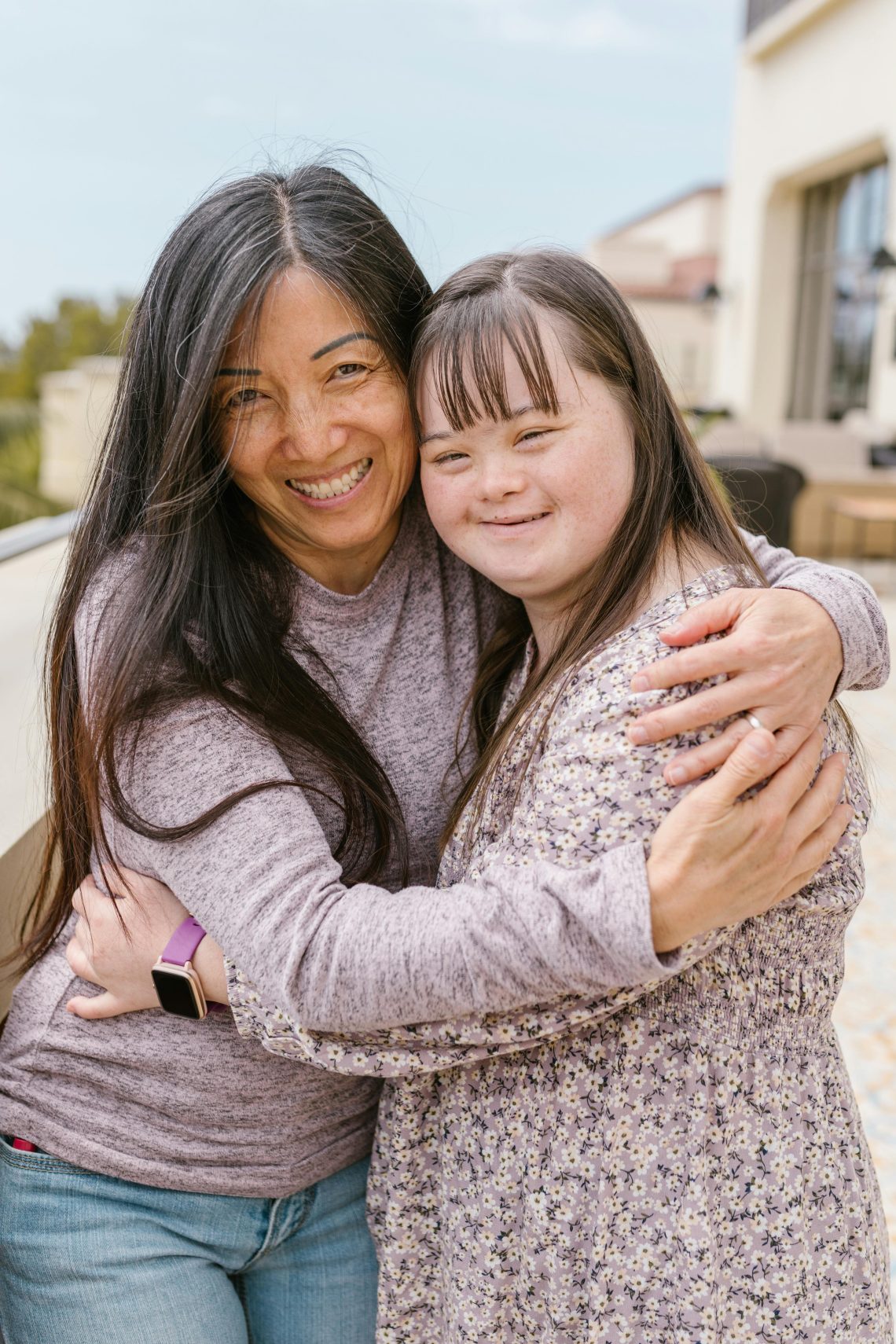As high schoolers with autism face a pivotal phase in their lives, a multi-faceted approach to support is crucial for their growth and well-being. Transitioning from adolescence to adulthood comes with a unique set of challenges that may affect their academic performance, social interactions, and overall sense of stability. Equipping these young individuals with the right support systems and strategies can make a significant impact on their high school experience. Keep reading to understand how you can help guide your teenager through this important period.
Understanding High School Challenges for Teens with Autism
High school can be especially challenging if you are a due to heightened sensory experiences and difficulties with social norms. Navigating bustling hallways and complex social cues can lead to anxiety and isolation. Academically, they may encounter obstacles in processing information and completing tasks requiring flexible thinking.
It’s crucial for families to not only empathize but also take proactive steps. This includes collaborating with schools for tailored support, advocating for necessary accommodations, and participating in caregiver training to build effective support systems. Exploring scholarships for high school sophomores can provide opportunities to enhance their educational journey.
Collaborating with Teachers and School Staff for Supportive Education
Creating a supportive school environment for your teen involves collaborating closely with educators and school staff. Start by discussing your teen’s strengths and specific needs with teachers to ensure these are addressed effectively in the classroom. Consider implementing Individualized Education Programs (IEP) or 504 Plans with clear goals and accommodations to support your teen’s learning.
It’s crucial to educate school staff about the diverse presentations of autism and maintain regular check-ins to monitor your teen’s progress and well-being. Encouraging inclusivity training for teachers and peers can foster a more supportive school culture. Teachers can play a key role in implementing effective teaching strategies such as assistive technology and structured learning experiences. Promoting peer mentor programs or support groups within the school can provide valuable social and academic support, promoting integration and reducing stigma.
Creating a Structured and Predictable Environment at Home
Creating a consistent home environment is crucial for teens with autism, offering stability amidst the unpredictability of high school. Establishing clear routines and expectations helps reduce anxiety. Tools like visual schedules and timers make transitions smoother, easing the stress of change.
Equally important is maintaining a supportive emotional atmosphere at home. Teens need a safe space to unwind and process their day. Balancing solitude with family interaction fosters a nurturing environment. Encouraging independence in daily tasks like time management and self-care further boosts confidence, paving the way for success both at home and in school.
Fostering Social Skills and Peer Relationships
Developing social skills is crucial for high school teens with autism. Structured social skills groups, available through schools or community organizations, offer a safe space to practice interactions using role-playing and games. Joining clubs aligned with their interests can naturally foster friendships through shared activities, aiding in communication and social development.
Parents can further support by arranging gatherings or outings with classmates, providing predictable environments for their teen to apply social skills. These efforts create opportunities for meaningful connections and enhance their overall high school experience.
Preparing for Life After High School: Transition Planning for Autistic Teens
High school is an important time for all teenagers with autism to explore their future goals. Transition planning involves discovering potential careers, exploring education options, and considering scholarships. Practical experiences like job shadowing and internships help build workplace skills. Visiting colleges or trade schools clarifies their next educational steps.
Life skills classes are crucial, covering finances, public transportation, and healthcare for independent living. Parents and educators should collaborate closely with teens to create a personalized transition plan. Regular updates ensure the plan evolves with the teen’s progress through high school, supporting their abilities, interests, and goals.
Overall, supporting a teenager with autism through high school requires a comprehensive and proactive approach. By understanding the unique challenges, collaborating with educators, creating a structured home environment, fostering social skills, and planning for the future, parents and caregivers can facilitate a fulfilling high school experience for their teen. The journey may be complex, but the outcome — a more confident, capable, and prepared young adult — is a profoundly rewarding one.
Read more lifestyle articles at ClichéMag.com
Images provided by Deposit Photos, BingAI, Adobe Stock, Unsplash, Pexels, Pixabay & Creative Commons





